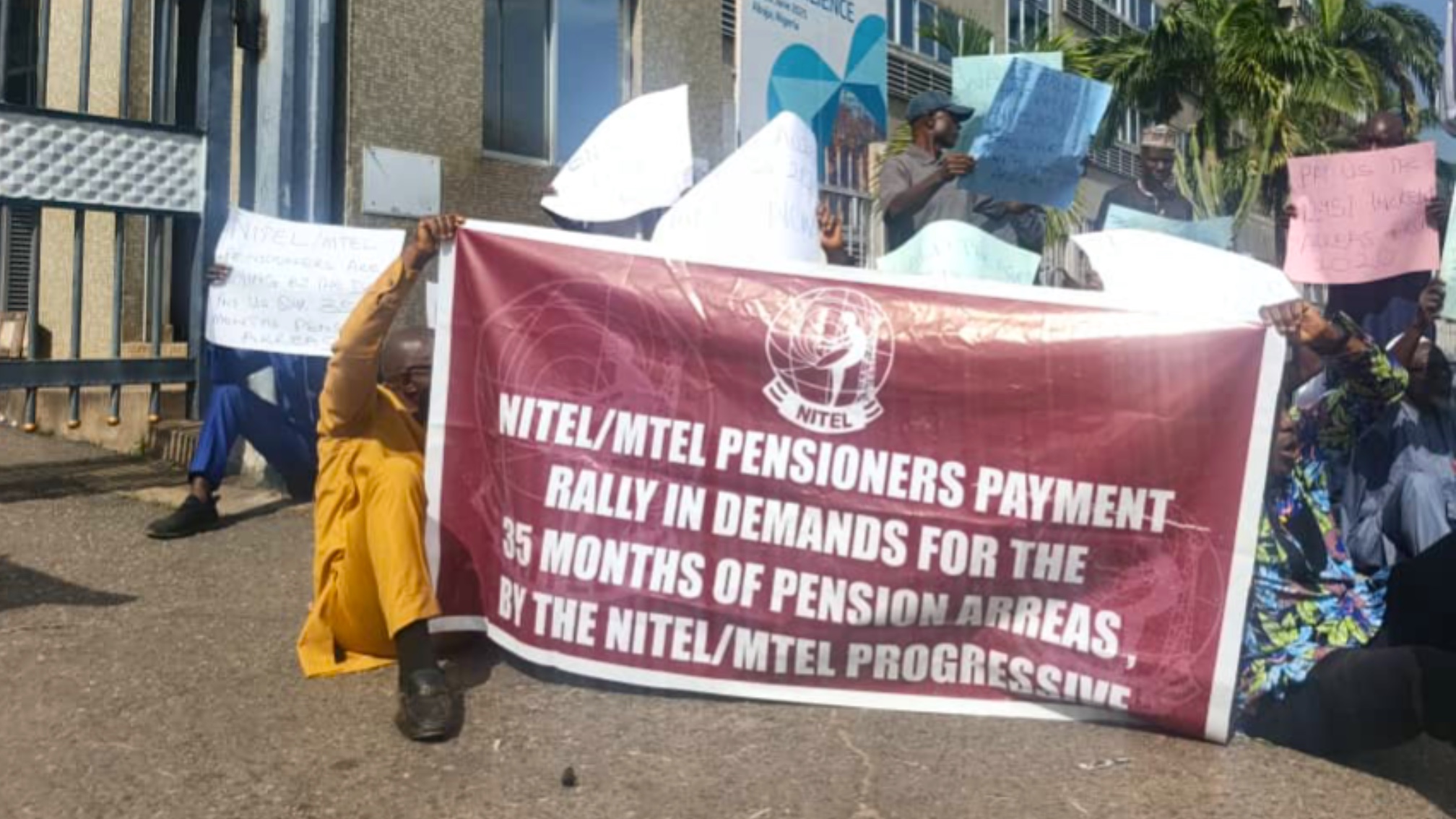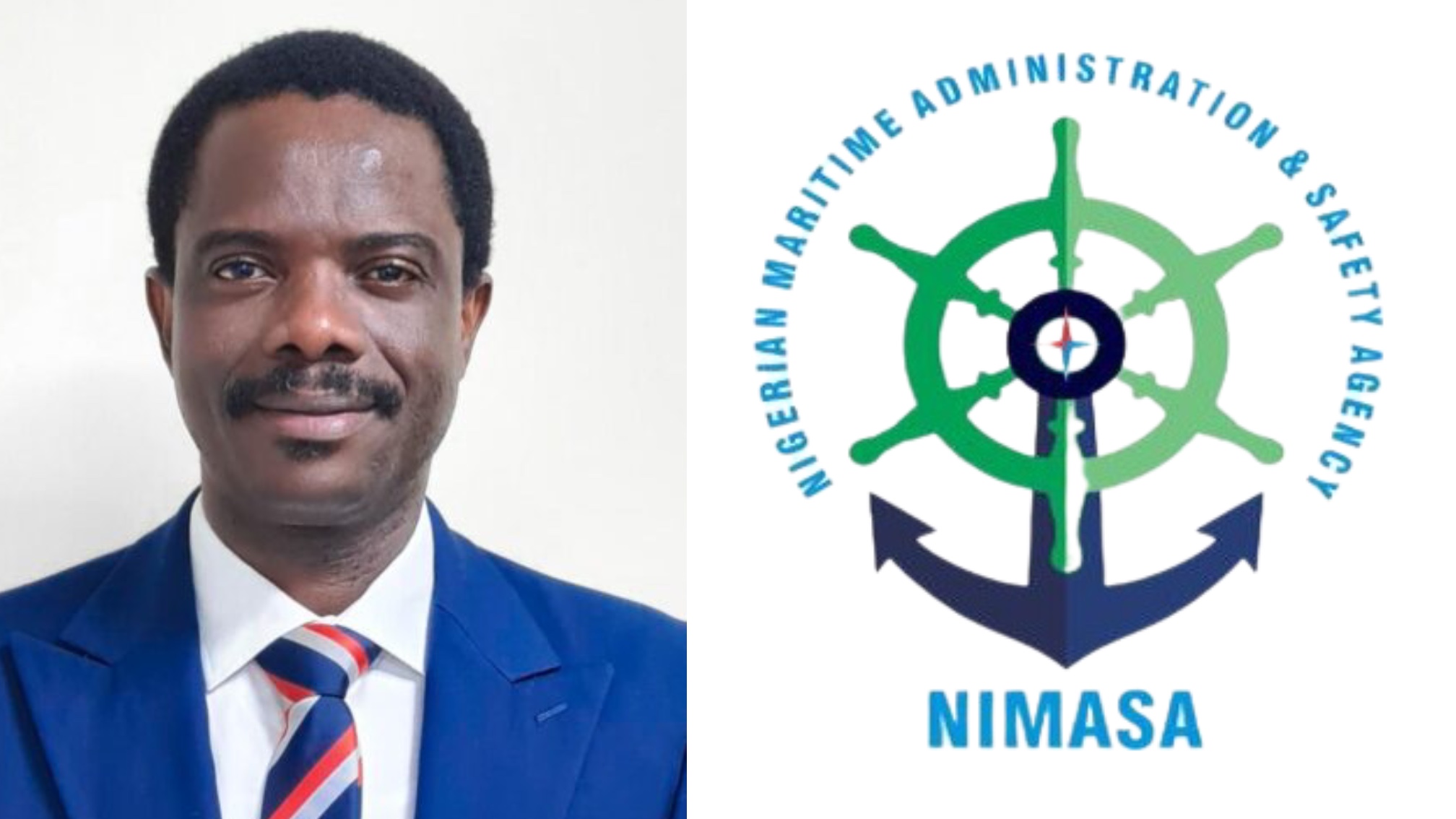
Nigeria Labour Congress (NLC) President, Mr. Joe Ajaero, has expressed concern over what he described as rising intimidation, arrests, and state-backed attacks on labour leaders across Africa, warning that the trend poses a grave threat to workers’ rights, democratic governance, and the delivery of quality public services.
Mr. Ajaero raised the alarm while delivering a solidarity message at the 14th Public Services International (PSI) Africa and Arab Countries Regional Conference in Accra. He said labour leaders across the continent were being targeted through violent crackdowns, interference in union administration, and politically motivated attempts to weaken organised labour.
“The increasing use of state violence as an instrument of engagement in industrial relations is class war waged from above,” he said. “We have seen forceful occupation of union offices, state capture of union leadership, and the brazen insistence of governments to anoint who leads workers.”
He cited examples from Nigeria, including invasions of NLC offices, arrests of union officials, and attempts to impose government-favoured leaders. He also referenced what he described as the “hijack of labour centres” in Guinea-Bissau, calling the actions clear violations of workers’ rights.
Mr. Ajaero linked these attacks to deeper economic pressures confronting workers, saying many African governments were adopting neoliberal policies that worsen poverty.
“Under the crushing weight of neoliberalism, the African worker is caught in a paradox: the harder we work, the deeper we sink into the quicksand of poverty,” he said. “Work, which should bring dignity and emancipation, has become a trap that condemns many to perpetual want.”
He added that low wages, unpaid salary arrears, unsafe workplaces, and persistent insecurity continue to erode the dignity of labour, forcing frontline workers such as teachers and health professionals to face considerable risks while performing essential duties.
According to him, quality public services cannot thrive where workers are treated as adversaries. “Quality public services cannot exist where workers are treated as dregs and flotsam of society,” he said.
Mr. Ajaero also expressed gratitude to PSI affiliates for their support earlier in the year when NLC officials were arrested and detained in Nigeria, noting that international solidarity helped compel the government to retract what he described as “oppressive” measures.
He urged trade unions across Africa and the Arab region to forge a united front against efforts by governments and corporations to weaken union structures. “This conference must be a turning point,” he said. “We must interrogate every framework and policy that subjugates rather than liberates the African worker.”
He called for stronger engagement with the International Labour Organization (ILO), the African Union, and other multilateral bodies to hold governments accountable for violations of labour rights, stressing that such advocacy is vital to protecting workers. He reaffirmed Nigeria’s commitment to global labour solidarity, urging unions to leave the conference with renewed resolve.
“Let us build a continent where work brings dignity and public service truly serves the public,” he said.









